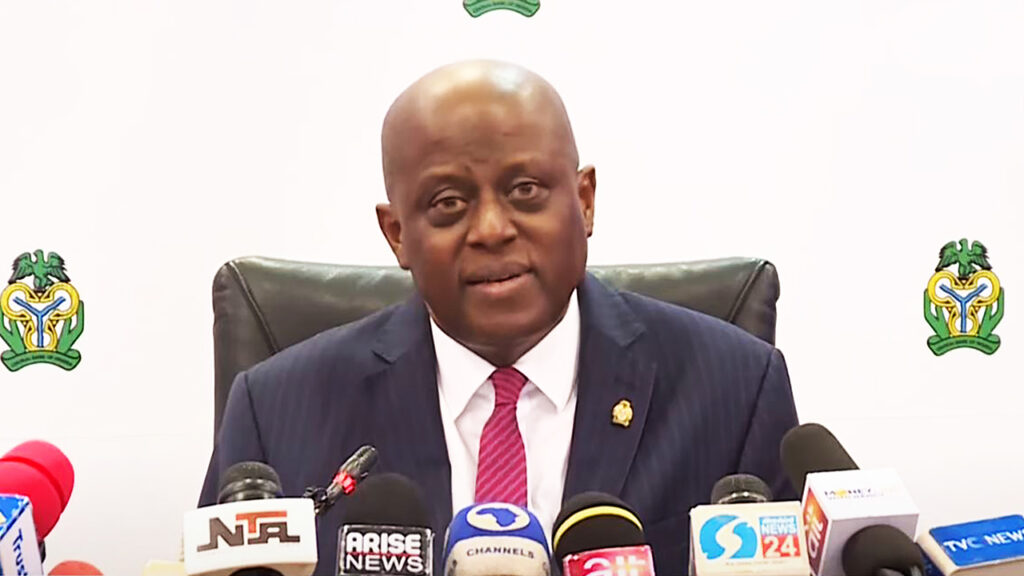The Central Bank of Nigeria (CBN), led by Governor Yemi Cardoso, has turned down over 97% of the total subscription for its recent open market operation (OMO) bills, totaling N4.1 trillion. This significant decision has raised eyebrows in the financial sector and reflects the CBN’s strategy to manage liquidity effectively. The CBN OMO bills rejection highlights a cautious approach to monetary policy.
Understanding the OMO Bills Rejection
The recent auction revealed that the CBN received substantial interest in its OMO bills. However, it decided to accept only a fraction of the total subscriptions. This rejection signals the CBN’s commitment to controlling inflation and stabilizing the naira. Governor Cardoso explained, “We are focused on maintaining a balanced monetary policy to support economic growth.”
This decision aligns with the CBN’s broader objectives. The bank aims to curb excess liquidity in the financial system. By rejecting a large portion of subscriptions, the CBN seeks to prevent an oversupply of money that could lead to inflationary pressures. This move ensures that monetary policy remains effective in a challenging economic environment.
Investors and analysts are closely monitoring the CBN’s actions. The high level of rejection indicates a cautious stance as the bank navigates complex economic challenges. A financial analyst stated, “The CBN is being prudent in its approach to managing inflation and liquidity.”
Implications for Market Participants
The CBN OMO bills rejection will significantly impact market participants. With such a high percentage of subscriptions turned down, investors may need to reassess their strategies. The reduced acceptance of bids might affect market liquidity and influence yields on government securities.
Moreover, this decision could lead to increased volatility in financial markets. Investors may react by adjusting their portfolios in response to the CBN’s signals. An expert noted, “Market participants should prepare for possible fluctuations as the CBN implements its policies.”
The CBN’s actions reflect a broader trend in monetary policy. Central banks worldwide are recalibrating their strategies to respond to changing economic conditions. By taking a firm stand on OMO bills, the CBN aims to project confidence in its ability to manage the economy effectively.
The Road Ahead
As the CBN continues to navigate these complex economic waters, the focus will remain on maintaining stability. Governor Yemi Cardoso and his team will closely monitor the situation and adjust their strategies as needed. The rejection of N4.1 trillion in OMO bills is just one aspect of a larger framework aimed at ensuring economic resilience.
In conclusion, the CBN OMO bills rejection clearly indicates the central bank’s cautious approach to monetary policy. By turning down over 97% of the subscriptions, the CBN, led by Yemi Cardoso, aims to manage liquidity and inflation effectively. As market participants respond to these developments, the focus will remain on how the CBN’s policies will shape Nigeria’s economic landscape moving forward.



